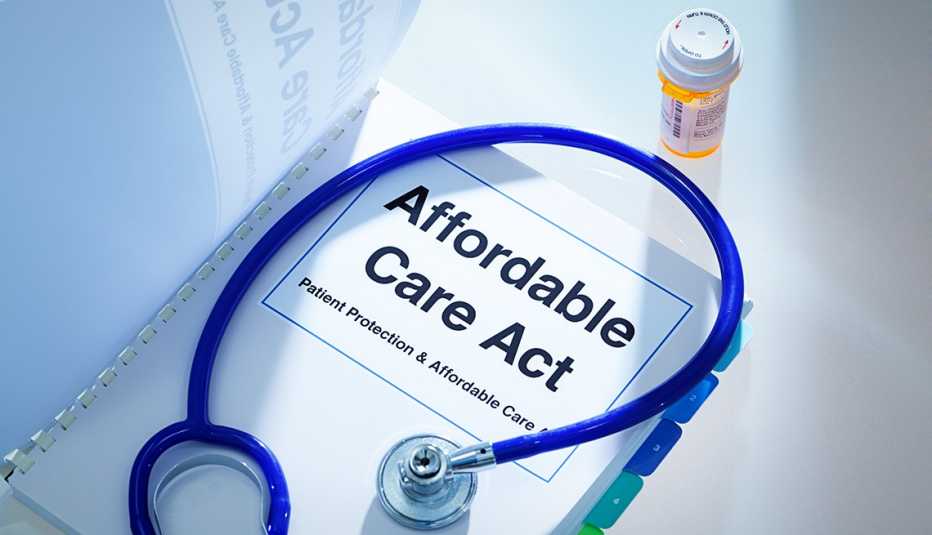Staying Fit


I need health insurance now. Can I sign up for a plan under the Affordable Care Act (ACA)?
Yes. On March 23, the 11th anniversary of the signing of the Affordable Care Act (ACA), President Joe Biden announced a second extension of a special open enrollment period for the HealthCare.gov federal marketplace until August 15. People who need to sign up for the first time or want to upgrade their coverage can do so during this period. In a recent report, the Kaiser Family Foundation estimated that about 15 million Americans may need to shop for coverage on the ACA marketplaces. AARP research estimates that 5.5 million adults between 50 and 64 do not have access to coverage through their job or a public program.
AARP had sent a letter to Congress last spring asking for a nationwide special open enrollment period: “Access to affordable health care coverage is more important now than ever,” said Nancy LeaMond, AARP’s executive vice president and chief advocacy and engagement officer.
It’s also important to note that those who have lost their jobs and their incomes may qualify for Medicaid — a free or low-cost health program that enrolls applicants year-round.


AARP Membership— $12 for your first year when you sign up for Automatic Renewal
Get instant access to members-only products and hundreds of discounts, a free second membership, and a subscription to AARP the Magazine.
What if I live in a state that has its own health insurance marketplace?
You can still probably enroll in an ACA plan. After the U.S. Department of Health and Human Services announced the first extension of the special enrollment period until May 15 for the federal marketplace, the states with their own ACA exchanges did the same thing. Check with your state marketplace to find out the time period for your special enrollment period.

































































More on health
What Will Getting Coronavirus Treatment Cost You?
Testing may be free, but medical care will likely carry costsHow Veterans Can Get Tested for COVID-19 With VA or Tricare
Non-urgent appointments being rescheduled to handle potential influx of coronavirus casesThe Affordable Care Act Is Helping Fight Coronavirus — But It’s Not Enough
10 years after its passage, many more older adults have health coverage